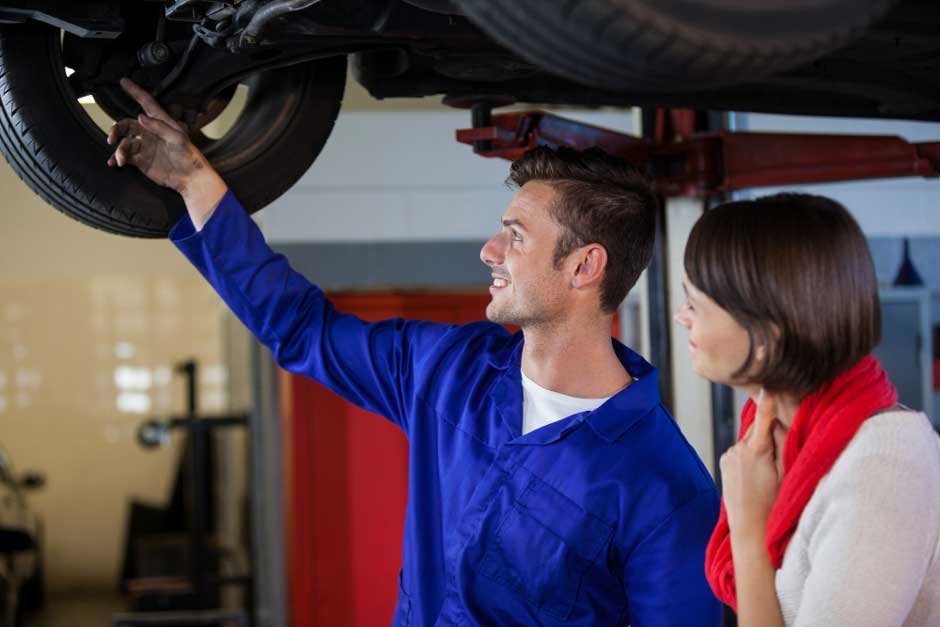Knowing how to maintain a car is handy for any student, especially those working long hours and under tight financial restrictions. You’ll save money and avoid sudden car issues by checking your tyre pressure and learning about essential engine maintenance. What you need to do, in detail, to maintain your car effectively and safely is covered here.
The Importance of Essential Car Maintenance Skills
Everyone in a school needs to learn how to maintain their car because it has long-lasting practical and financial benefits. By knowing how to take care of routine maintenance, you can keep your vehicle in good shape and prevent unexpected breakdowns. The following are the primary maintenance skills every student must possess:
- Changes & Inspections: Routine oil changes and inspections maintain a healthy engine and save the engine from expensive repair costs.
- Monitor Tire Pressure and Condition: A well-inflated and well-maintained tire will save you fuel and make the roads safer.
- Air Filters: Clean air filters enhance engine performance and fuel economy. They are a cheap replacement solution that will suit your budget.
- Maintaining Battery: Properly checking and maintaining the battery’s connections can prevent unexpected car problems and keep your battery going.
- Check Brake Pads: Regular brake inspections save you from wear and tear that can put you at risk in any situation.
When students learn these fundamentals, they gain peace of mind and assurance on the road, saving them time and hassle and ensuring they are always safer.
Learning car maintenance essentials can give young people independence and preparation, but juggling work and study is sometimes convenient. Whenever you feel overwhelmed by studying, buy research papers online and take the strain off your shoulders. Writing services provide expert support with assignments, so if maintaining your car and managing coursework feels too much, a professional writer can help you keep up academically.
Check and Maintain Tire Pressure
One quickest and easiest car care steps is keeping tyres properly inflated. High-intensity tyres will save fuel, help prolong the tyres’ life, and make driving safer. A tyre pressure gauge is cheap and straightforward, so pick one up. Check your tyre pressure once a month, consult the car manual for the recommended PSI (pounds per square inch), and add or subtract air as needed, which most gas stations do for free. Maintaining your tyres at the correct pressure will help you minimise uneven wear, increase traction, and even save on fuel expenses.
Check and Top Up Fluid Levels
Your car requires a few vital fluids for proper operation, and keeping track of these for the long term is essential. You should begin by checking your engine oil once a month and changing it as the manufacturer’s instructions state. This coolant, or antifreeze, will keep your engine from overheating, so be sure to get it checked at least twice a year, particularly before extreme seasons. Brake fluid keeps your brakes working; windshield washer fluid lets you see in low light. Checking for these fluids regularly will help you maintain your vehicle well, decrease breakdowns, and save money on repairs.
Learn How To Repair A Flat Tire
The ability to replace a flat tyre is essential for any motorist because flats can occur at any time. First, be familiar with your car’s tools, such as the spare tyre, jack, and lug wrench. Practising safely in an area such as your driveway will give you confidence on the road. If you do happen to change a tyre on the side of the road, pull off as far away from other vehicles as possible and turn on your hazard lights. Learning to change a flat tyre empowers you and can save you precious time when needed.
Understand Battery Maintenance
Car batteries are designed to last three to five years, although they deplete more rapidly during the colder weather or when the car is often driven only for short drives. Keeping your battery clean can keep you from moving around with a dead car. Examine the battery terminals for corrosion, which could impair power flow. Terminals can be kept clean by washing them with baking soda and water. Auto stores are free to inspect your battery health, so you’ll know when the battery needs to be replaced. Besides, learning how to jump-start a car is sound, particularly for students on the go.
Maintain Clean Filters
Your car’s air, oil and fuel filters help keep the dirt out and make your engine run. An air filter should be changed about once a year, as a clogged air filter makes the engine work more and less efficiently. The same is true with the oil filter, which should be changed every oil change because it draws dirt from the oil that keeps the engine running. You need to change the fuel filter so clean fuel can reach the engine. Changing these filters regularly is an easy and affordable procedure that will give your vehicle better performance while avoiding costly repairs.
Ready to Roll with Confidence
You learn these essential car repair tips to ensure your vehicle remains safe, secure, and effective. Regular maintenance keeps minor issues from building up and makes driving a pleasurable and stress-free experience. These basic yet powerful skills can save money and help drive students into greater freedom. Learn these tricks and feel confident in a properly maintained car whenever you go on the road.

